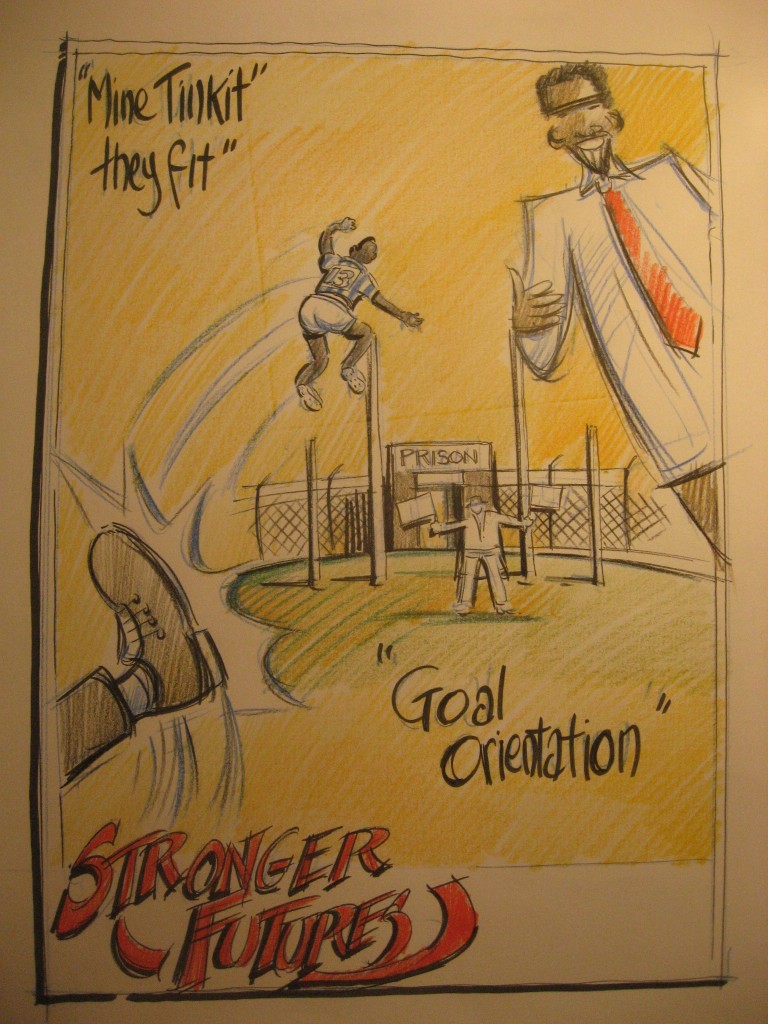Passive Complicity looks at “Just Ice” over the next seven days. Starting here.
Northern Territory: Addressing The “Crime Problem” Of The Northern Territory
Intervention – Alternate Paths To Regulating Minor Driving Offences In
Remote Indigenous Communities
Thalia Anthony, and Harry Blagg, 2012
(Download full report here)
Report to the Criminology Research Council Grant: CRC 38/09-10
This study of the incidence of Indigenous driving offending was conducted by
the authors in the Northern Territory from 2006 to 2010 on two central
Australian communities. It demonstrates how new patterns of law enforcement,
set in train by the 2007 ‘intervention’, inevitably led to a dramatic
increase in the criminalization of Indigenous people for driving related
offending. We critique the effectiveness of mainstream law enforcement in
addressing driving related offending on Indigenous communities and argue
that alternative forms of regulating driver safety may be better adapted to
Indigenous communities. We identify some of the major reasons for offending,
particularly for driving unlicensed and driving unregistered and uninsured
car that have increased dramatically since 2006. Our research suggests that
the criminalization of driving related offending represented an attempt to
construct a new form of coercive, neo-assimilationist governmentality in the
NT through which the state seeks to discipline, normalize and incorporate
elements of the Indigenous domain into the mainstream. In Simon’s (2001,
2002) phase the state is effectively ‘governing through crime’: amplifying
and dramatizing a particular crime problem (child sexual abuse) to
legitimate an aggressive annexation of Aboriginal space. The case studies we
present show that whereas Aboriginal violence and sexual abuse were the
Federal Government’s raison d’état for new interventions the processes and
outcomes have been solidly fixated on eradicating key cultural differences
between mainstream Australia and its Indigenous Other. Over the lifetime of
the study we witnessed few indications that the state was effectively
uncovering, let alone prosecuting, cases of child sexual abuse and/or family
violence, but we did see significant changes taking place in the physical
lay out of the community and a significant increases in the numbers of
Indigenous people being prosecuted for failing to adhere to new rules. The
issue of driving and roads became a site of contestation and conflict
between mainstream government and Indigenous communities.
Tags: Northern Territory driving offenses law enforcement criminalization
Download Full Report Here

Pingback: Weekly Wrap 26 March 13 | pcbycp
Pingback: Stations of the Boss | pcbycp